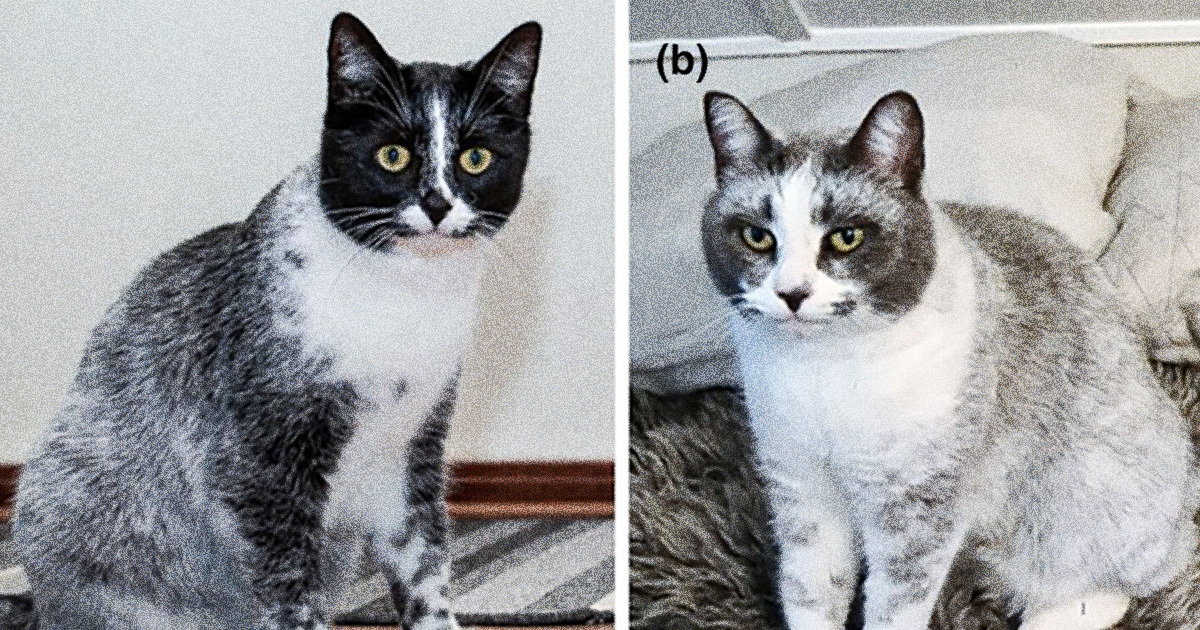- cross-posted to:
- cat@lemmy.world
- cross-posted to:
- cat@lemmy.world
Relevant Section on the genetics:
For the study, the researchers took blood from five of the cats, which had been adopted, and conducted a DNA test on four of the felines, which turned up no genetic mutations associated with white fur.
They then performed a whole genome sequencing for two of the cats, and this step turned up a deletion in what’s called the KIT gene, which can encode whether white will turn up in a feline’s coat (scientists have also connected variations in the KIT gene to piebald patterns in various animals like horses and mice.)
“In summary, comparative data from other species and genotype segregation analysis support the newly discovered KIT region deletion as potentially being a cause of salmiak coat color in cats,” the researchers conclude.
If you put a > in the lines between paragraphs you’ll make one continuous quote. That’s how markdown normally works, reddit was unique in that it automatically joins them.
Fixed. Thank you.
I’m too lazy to be the one to make it but there’s definitely a Kit Kat joke in there somewhere.
This is the best summary I could come up with:
A research team has identified a new type of cat which has the typical adorable face and fur pattern of the black and white tuxedo cat, but with a difference: the fur on this feline’s back starts off with a solid color at its base, such as black, and gradually turns white at the tip — all caused by a unique mutation.
The researchers — made up of scientists and animal welfare advocates — revealed this new cat in a study published earlier this month in the journal Animal Genetics and gave its uncommon cat coloring the name salmiak, after a popular salty licorice in Finnish, to invoke the salt and pepper fur of this kitty.
They also came in different variations with black, brown and tortoiseshell, and were thought to be possibly infertile due to the relatively low incidence of this fur type — until people discovered a salmiak cat give birth to a litter of squealing, melt-in-your-face-cute kittens.
For the study, the researchers took blood from five of the cats, which had been adopted, and conducted a DNA test on four of the felines, which turned up no genetic mutations associated with white fur.
They then performed a whole genome sequencing for two of the cats, and this step turned up a deletion in what’s called the KIT gene, which can encode whether white will turn up in a feline’s coat (scientists have also connected variations in the KIT gene to piebald patterns in various animals like horses and mice.)
“In summary, comparative data from other species and genotype segregation analysis support the newly discovered KIT region deletion as potentially being a cause of salmiak coat color in cats,” the researchers conclude.
The original article contains 366 words, the summary contains 283 words. Saved 23%. I’m a bot and I’m open source!
Tldr bot, you suck at life. Bad bot
Awesome!
I, for one, welcome our new cat overlords.
We just need to make sure to always have catnip with us, hahaha




